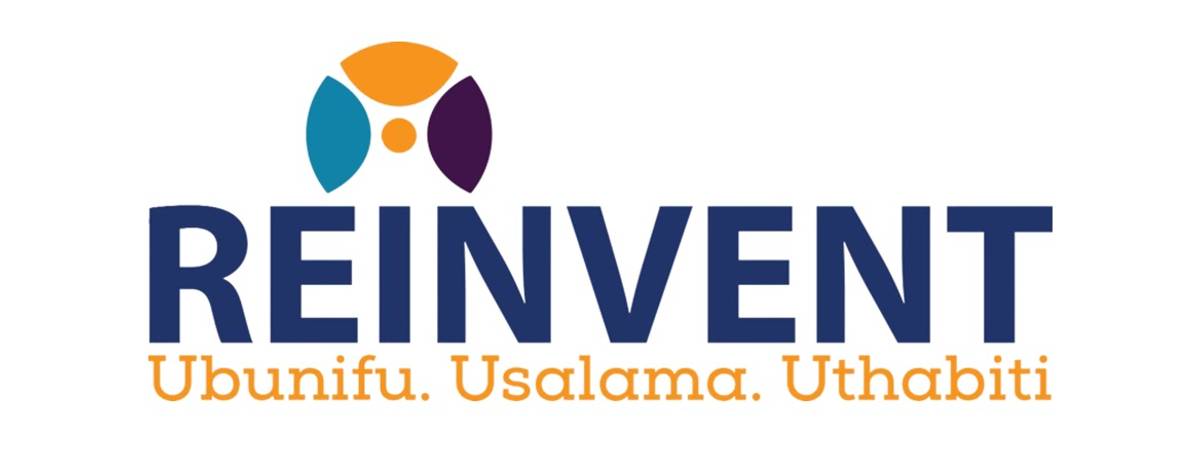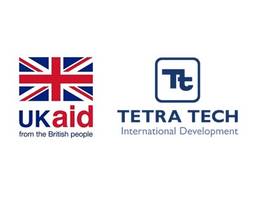Reducing Insecurity and Violent Extremism in Northern and Coastal Regions of Kenya (REINVENT)
RUSI delivers the countering violent extremism (CVE) work stream of the UK’s flagship five-year security and stability programme in Kenya.
REINVENT has been designed to improve safety and security, and to enable investment, inclusive growth and equitable service delivery. Implementation is led by Tetra Tech International Development with RUSI as a key consortium partner, leading the CVE workstream, seeking to improve police performance. As a core component of the UK-Kenya ‘Security Compact’, the programme aims to improve police performance and establish safety and security amongst communities in coastal and northern regions of Kenya.
Leading the CVE work stream, RUSI operates at the national, county and local levels, collaborating with both state institutions and civil society partners. Key deliverables include capacity building work with national law enforcement, mobilisation of county CVE initiatives and extensive research.
Beyond CVE support, RUSI leads on research and provides continuous violence monitoring and analysis, feeding into the overall programme design. CVE interventions are integrated within broader REINVENT efforts to tackle other types of inter-related violence, including crime, violence against women and girls (VAWG), election violence and intercommunal conflict.
Sponsors
UK FCDO
The programme is funded by UK FCDO and is led by TetraTech International Development, with RUSI as consortium partner. The programme has a long list of stakeholders at national and local level in the selected countries.
Find out more
Aims and objectives
The objectives of REINVENT’s CVE workstream are to reduce radicalisation, to strengthen institutional capacity to respond to violent extremism (VE) and to increase community resilience to VE across the target counties. The programme builds on RUSI’s extensive research into the effectiveness of CVE interventions from the Prevention Project and lessons learned from implementing STRIVE (Horn of Africa) and STRIVE II (Kenya).
Studies suggest that law enforcement action remains a significant source of grievance amongst communities on Kenya’s coast and the north-east. As a consequence, we have focused our institutional capacity-building work on the police, providing technical assistance and mainstreaming CVE concepts within the service. A CVE manual was produced by RUSI, validated through multi-stakeholder processes and then distributed to law enforcement training centres. This work has contributed to a more sustainable approach to preventive / non-coercive policing and greater coordination of state CVE efforts.
At the county level, we engage with local government stakeholders to support the implementation of County Action Plans (CAPs) and to mobilise multi-stakeholder County Engagement Fora (CEFs) on aspects related to CVE and policing. Through downstream partners at the community level, the work stream has improved community understanding of CVE in target counties and contributed to greater trust in security actors. Interventions have led to the promotion of a ‘whole of society’ approach to CVE.
As with all RUSI programming, significant emphasis is placed on research, with efforts to prioritise evidence and learning embedded throughout all activities. This ensures that interventions remain cognisant of the context-specific drivers of radicalisation and recruitment in the target counties.
In addition, RUSI supports all REINVENT work streams through an innovative violence monitoring and analysis tool. Monthly reporting and regular briefings ensure all REINVENT interventions are tailored, proportionate and effective, taking account of the evolving local context. The programme is flexible and able to quickly respond to changing threat dynamics.
Project team
Christopher Hockey
Senior Research Fellow
RUSI Nairobi
Michael Jones
Senior Research Fellow
Terrorism and Conflict
Isabella Vogel
RUSI Associate Fellow, Terrorism and Conflict
Dennis Okemwa
Threat Analyst | RUSI Consultant
RUSI Nairobi
Irene Ndung’u, CVE Technical Lead, Consultant
Rose Chelangat
Threat Analyst | RUSI Consultant
RUSI Nairobi
Martine Zeuthen
RUSI Associate Fellow, Terrorism and Conflict
Tetra Tech International Development
Project impact
Research under REINVENT is conducted by local academics, with guidance from RUSI Research Fellows. RUSI coordinated the production of two papers focused on religious influence on the North Coast and in the North East. In 2021, an extensive study explored the suggestion that areas previously unaffected by VE were increasingly being targeted by al Shabaab recruiters. Research throughout 2022 examined al Shabaab intent and capability to influence country’s general elections.
Research outputs
Publications produced by TETRA TECH and RUSI

This brief provides an in-depth analysis of the programme’s monitoring efforts, emphasizing the importance of ongoing context tracking to ensure interventions remain relevant and effective in the rapidly evolving landscape of violence across the country - Christopher Hockey, April 2024

An assessment of risk and vulnerability in Marsabit, the Rift Valley and Western Kenya - Dr Ngala Chome, Lead Researcher, June 2021

Dr Fathima Azmiya Badurdeen, Lead Researcher, June 2021









